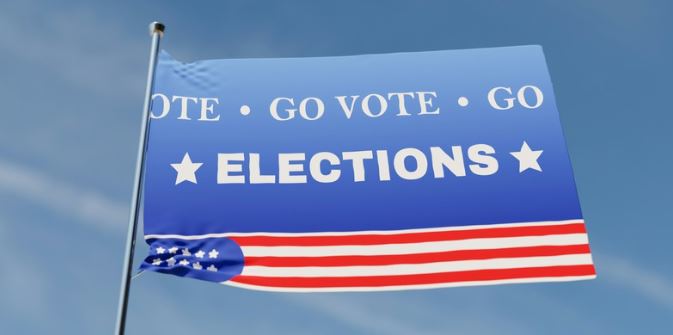A federal appeals court has upheld a Texas law that expands early voting opportunities and implements measures to make polling places more accessible in rural and underserved communities. The law, which aims to enhance voter participation, had been challenged by critics who argued that it could give a partisan advantage to one party. However, the court ruled in favor of the law, affirming that the state has a responsibility to make voting more accessible for all citizens.
Supporters of the law argue that expanding early voting and improving access to polling places, particularly in rural areas, is a necessary step to ensure that all Texans have an equal opportunity to participate in elections. By providing more access points and voting hours, the law is seen as a positive move toward increasing voter turnout, especially in communities that have historically faced barriers to voting.
Critics, however, had expressed concerns that the law could favor one political party over another, potentially skewing the outcome of elections. They argued that the new provisions could be used to target specific voter demographics in a way that benefits the party in power. Despite these concerns, the appeals court upheld the law, citing the state’s legitimate interest in enhancing voter participation.
This ruling is expected to have a ripple effect across other states considering similar election reforms. As the 2024 election approaches, states that are contemplating changes to their voting laws may look to Texas’ law as a model or a cautionary tale. The decision underscores the ongoing national debate over how to balance increased voter access with concerns about election fairness and integrity.

